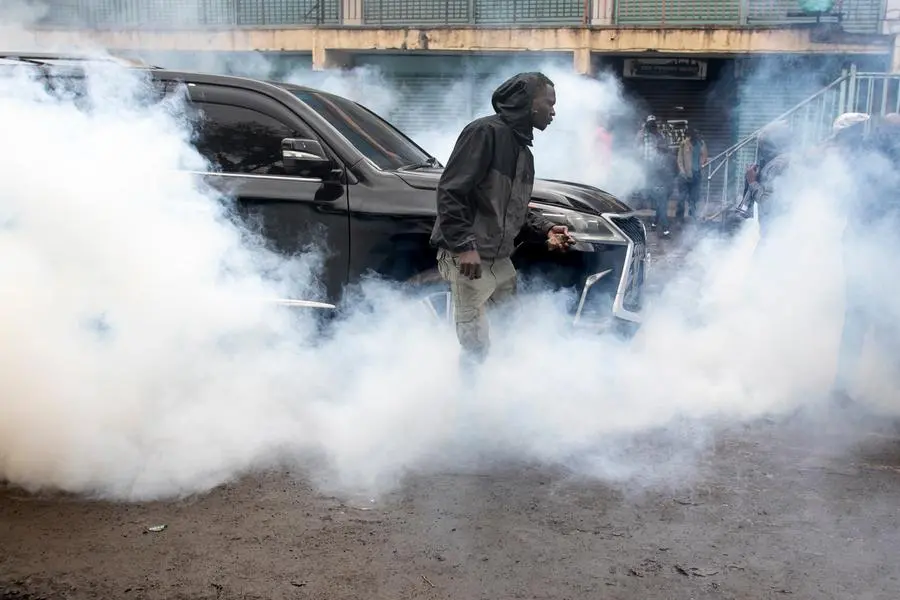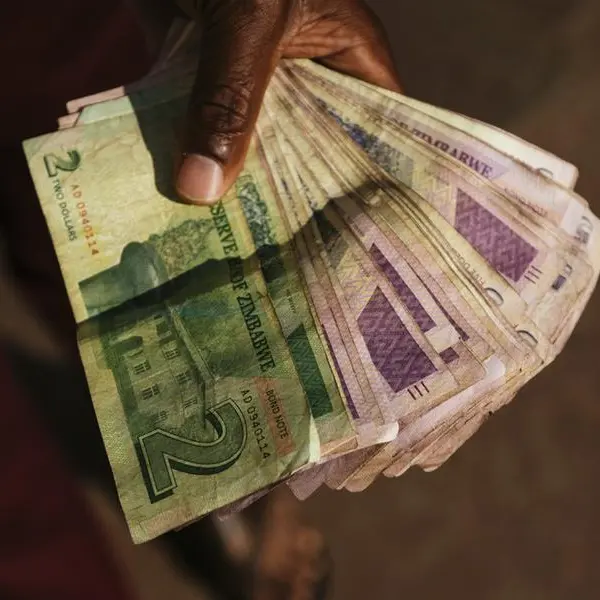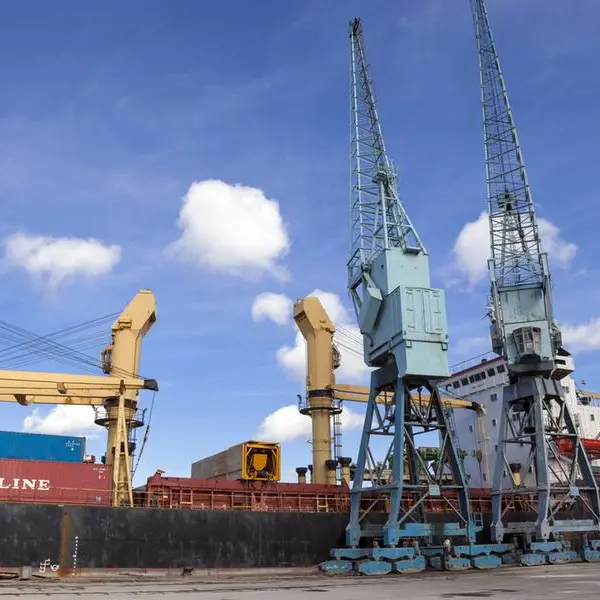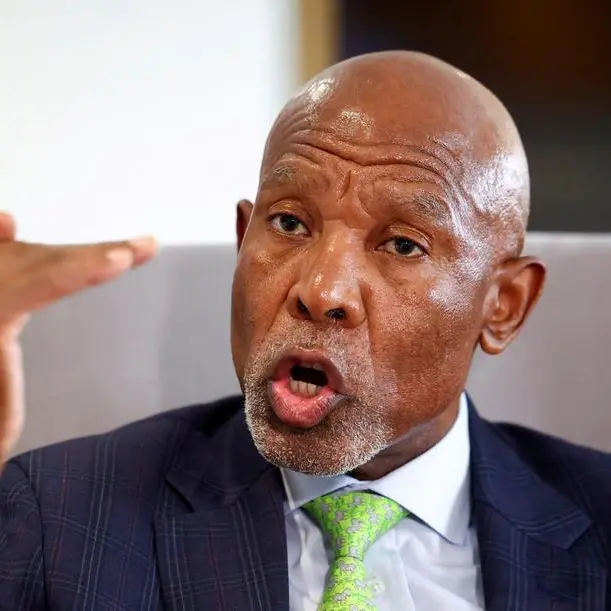PHOTO
One man was shot dead in Kenya on Friday, a hospital official said, following anti-government protests over a cost-of-living crisis and a raft of controversial tax hikes.
Police earlier fired tear gas on opposition leader Raila Odinga's convoy after he addressed a rally in the capital Nairobi, AFP correspondents said, taking similar action to break up protests in the cities of Kisumu and Mombasa as rights groups condemned "arbitrary arrests".
"One person died of gunshot wounds", said Alex Ochieng, administrator at Jaramogi Oginga Odinga Teaching & Referral Hospital in Kisumu, an opposition stronghold on Lake Victoria in western Kenya.
"We have two other people with gunshot wounds and four who were hit by blunt objects," he told reporters, adding that the fatality was a man.
An AFP correspondent also witnessed police making several arrests in Nairobi, with security tightened for the latest round of protests called by Odinga this year against the policies of President William Ruto's government.
At the rally, Odinga announced plans to collect 10 million signatures in a bid to remove his arch-rival from office.
The 78-year-old lost the closely fought August 2022 election to Ruto and has repeatedly denounced the poll as "stolen".
"Kenyans elected leaders to parliament and they have betrayed them," he said to cheers. "Ruto himself who took over power illegally has betrayed Kenyans."
Odinga's Azimio alliance had called for the protests over the impact of the new taxes on Kenyans already suffering economic hardship and soaring prices for basic necessities.
Last week, Ruto signed into law a finance bill which is expected to generate more than $2.1 billion for the government's depleted coffers and help repair the heavily indebted economy.
The Finance Act provides for new taxes or increases on a range of basic goods such as fuel and food and mobile money transfers, as well as a controversial levy on all tax-paying Kenyans to fund a housing scheme.
- 'Excessive force' -
Previous protests have sometimes descended into violence and looting, with two people killed in separate clashes between police and demonstrators in March.
Amnesty International's Kenya chapter said Friday that it had "received reports of arbitrary arrests of protesters in Nairobi and Western Kenya and selective excessive force" deployed by police.
A coalition of rights organisations, including the Kenya Human Rights Commission, said their representatives saw "protesters being dragged on the ground while others were being carried to the police vehicles to be transported to police stations".
"We have witnessed the police, yet again, lobbing tear gas to otherwise peaceful protesters, arbitrarily arresting peaceful protesters and brutally handling them," campaigners said, condemning "the excessive and arbitrary use of force by police".
Odinga's Azimio alliance said they would hold another rally in Nairobi on Wednesday, calling for "nationwide demonstrations".
Critics accuse Ruto of rowing back on promises made during his election campaign, when he declared himself the champion of impoverished Kenyans and pledged to improve their economic fortunes.
But the 56-year-old rags-to-riches businessman has defended the taxes, saying they will help create jobs and reduce public borrowing.
- Court challenge -
The high court in Nairobi last Friday suspended implementation of the legislation after a senator filed a case challenging its constitutional legality.
Despite the ruling, Kenya's energy regulator later that day announced a hike in pump prices to take account of the doubling of VAT to 16 percent as stipulated in the law.
In Nairobi's central business district, where main government buildings are located, police were patrolling on foot, in vehicles and on horseback, while several roads in the capital were closed.
"I hope this demo will make a difference," Alex Dwisa, a 24-year-old manual worker, told AFP.
"The cost of living is too high, I don't have 10k (10,000 Kenyan shillings/$70) to send my two kids to school."
The protests have been dubbed "Saba Saba" (Seven Seven) as they are taking place on the seventh day of the seventh month, symbolising the day in 1990 that the opposition rose up to demand the return of multi-party democracy.





















